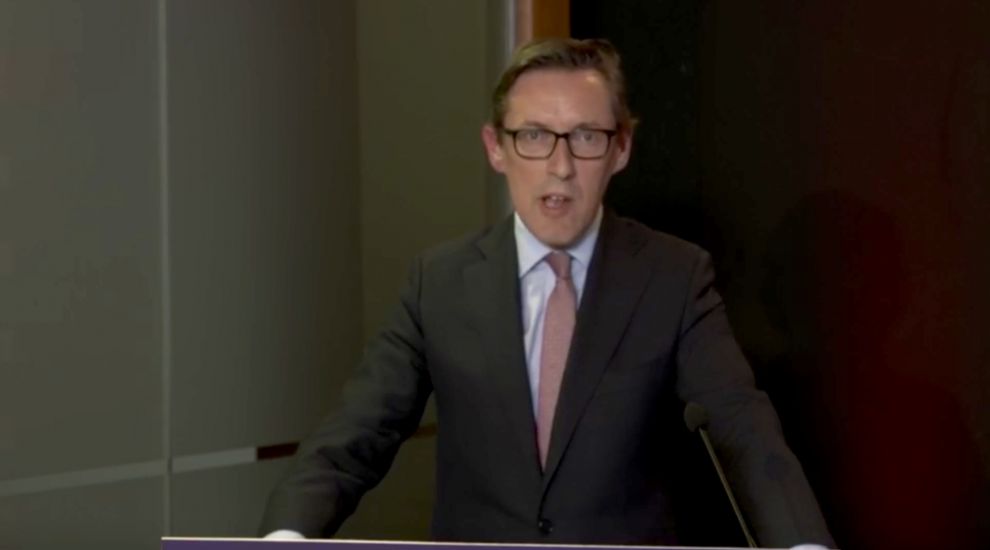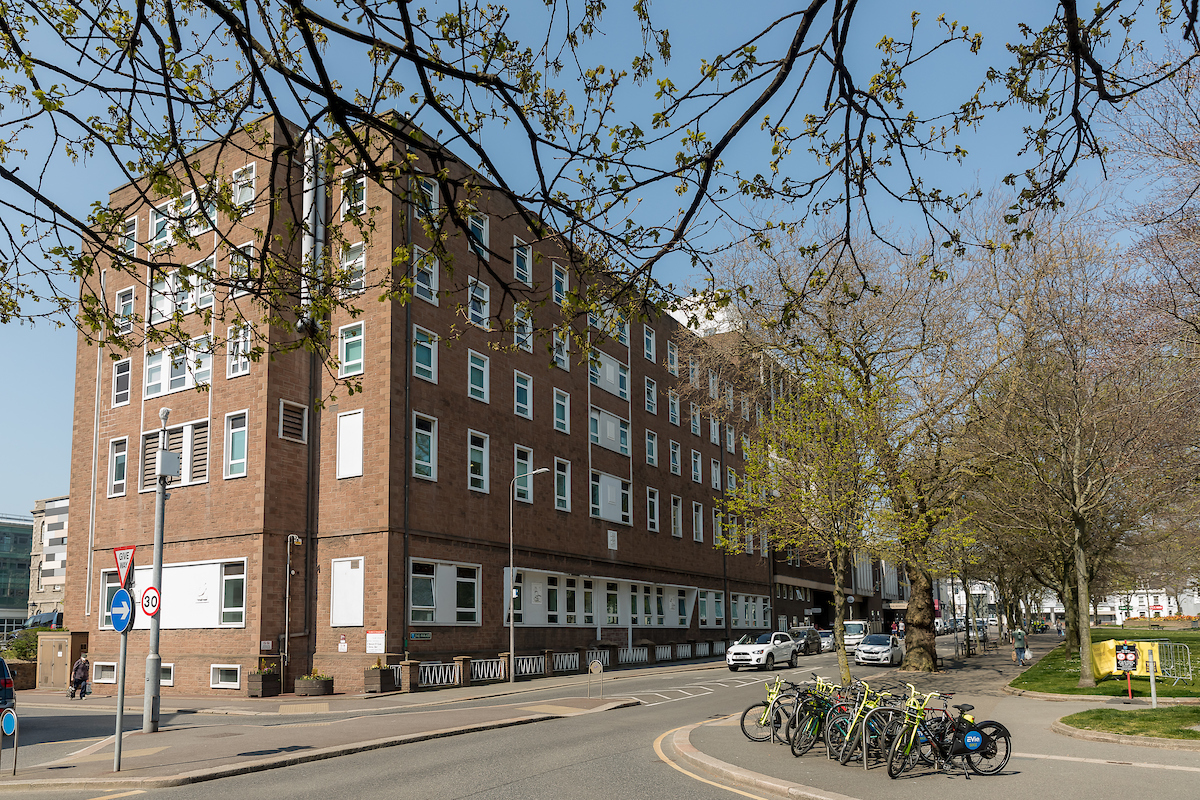


Reduced taxes, large-scale infrastructure projects and promotion of green lifestyles will form part of a “bold” new package of measures to “get the economy out of the doldrums” and “put money back into islanders’ pockets”, the Assistant Treasury Minister has announced.
Asked by Express what projects the government had in mind to get cash flowing around Jersey’s economy again at a press conference this afternoon, Senator Ian Gorst revealed that his team would soon be publishing a plan involving:
The unscheduled announcement comes as the Treasury Minister has just signed off on what Senator Gorst described as a “super duper overdraft” of £500m.
Provided by a consortium of five local banks - Barclays, Butterfield, HSBC, Lloyds and RBS International - it will last two years, with the possibility of running a further year.
Video: Today's press conference, in which the Assistant Treasury Minister announced the "bold" package of recovery measures.
Economic Development Minister Senator Lyndon Farnham, who also appeared at the conference, pointed to the future hospital - whose delivery timeframe was pushed back earlier this week - as an example of a key project to create economic stimulus.
Responding to Express’s questions, he emphasised that the government’s plan to jumpstart the economy in the wake of covid-19 will be “well thought-through and carefully paced and considered”.
Stating that the government had learned some “very good and important lessons” from its response to the 2008 recession, he went on to warn that there are “potential pitfalls in trying to do too much too soon”.
This, he said, could include “overheating in certain parts of the economy, skill shortages or a demand to import a lot of labour putting pressure on our island’s population”.
The Minister therefore added that the government will be “very careful”, working with “almost laser guided accuracy” as it introduces new measures, adding that they were planning to consult with businesses and the wider community.

Pictured: The Economic Development Minister said the future hospital could be a source of economic stimulus.
Asked about funding for infrastructure projects, Senator Gorst said that the £500m overdraft would allow the government to avoid dipping into the Rainy Day Fund in the short-term.
However, he said that when making decisions on topics like the future hospital, the government may have to consider longer-term debt or selling down some of the fund.
The Assistant Treasury Minister went on to express his personal view that Jersey should look at issuing bonds as a means of funding contraction projects - even suggesting such a scheme could be a new beginning for Fort Regent.
Senator Gorst said he didn’t know if the entire Treasury team supported the idea, but said that he had spoken to islanders with experience on the matter.
He added that the idea would present an opportunity for islanders to enjoy an “increased return” and put money into “something that’s been dragging its heels and been put into the ‘too difficult to do’ box for sadly generations”.
Jersey’s Chief Executive has previously suggested private finance for large-scale infrastructure projects.

Pictured: Senator Gorst suggested using bonds to fund projects like Fort Regent in future following years of neglect.
In a report published last year, Charlie Parker said that one of his key priorities was the development of an ‘Investment Fund’, which would involve partnering with local or international firms in order to finance large-scale public works or resolve long-standing maintenance issues rather than borrowing money or dipping into the government’s rainy day fund.
A government spokesperson told Express at the time: “Establishing an investment fund would be on the principle of using the States’ balance sheet more effectively to create a joint investment vehicle with internationally-recognised funders. These could be from Jersey (e.g. banks, investment houses, etc), to enable the Government to tackle some long-term infrastructure issues, which have not been funded for decades.
“This represents a potentially better use of public monies to fund the costs of significant capital projects (rather than taking out loans or depleting reserves).”
Comments
Comments on this story express the views of the commentator only, not Bailiwick Publishing. We are unable to guarantee the accuracy of any of those comments.